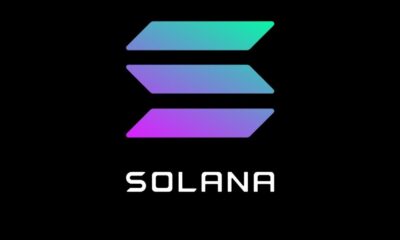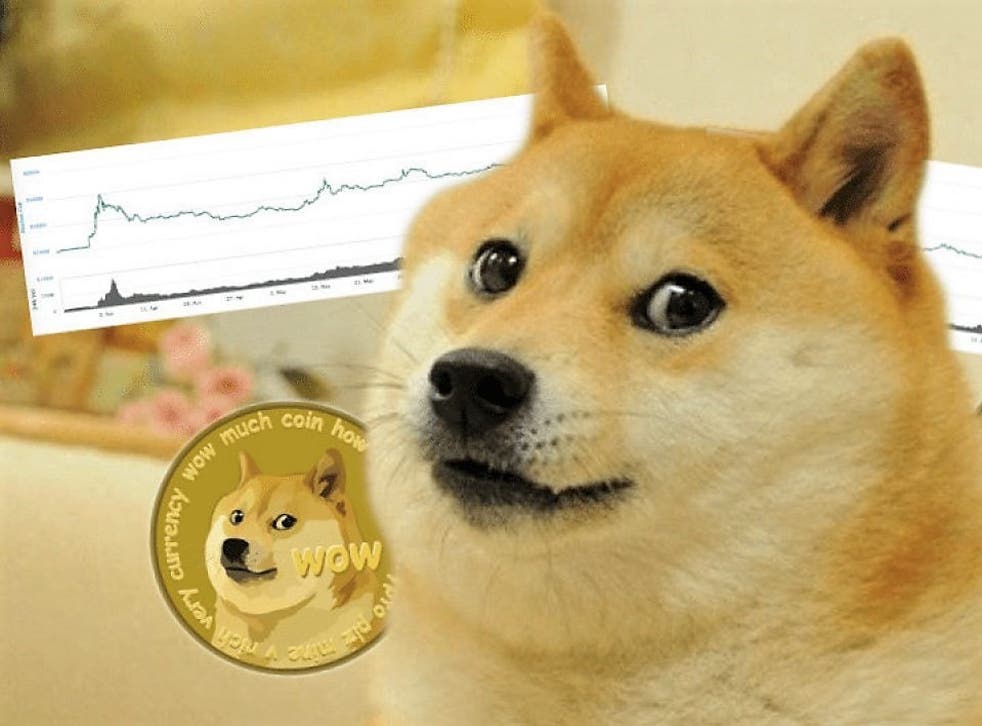Kabosu, the Shiba Inu whose viral image became the face of the cryptocurrency Dogecoin, has died at the age of 17.
Her owner announced the sad news in a heartfelt blog post on Friday. Kabosu’s image, featuring her expressive, quizzical look, has become one of the most recognizable and beloved memes on the internet.
“We will be holding a farewell party for Kabo-chan on Sunday, May 26th,” the blog post read.
The farewell will take place at Flower Kaori in Kotsu no Mori, Narita City, from 1 pm to 4 pm. Fans of Kabosu are invited to attend and pay their respects to the dog who has brought joy to millions around the world.
Kabosu first rose to fame in 2010 when her owner, Atsuko Sato, a Japanese kindergarten teacher, posted a series of photos of her on her personal blog. One particular photo, showing Kabosu with her paws crossed and a bemused expression, quickly went viral.
The image spawned the “Doge” meme, characterized by multicolored text in Comic Sans font representing the dog’s inner monologue in broken English.
In 2013, software engineers Billy Markus and Jackson Palmer created Dogecoin as a parody of the burgeoning cryptocurrency market, using Kabosu’s iconic image as its logo. What started as a joke soon gained a substantial following, and Dogecoin became a legitimate digital currency.
It was used for tipping online content creators, raising funds for charitable causes, and even sponsoring sports teams.
Kabosu’s influence extended beyond Dogecoin. Her image inspired the creation of numerous other dog-themed cryptocurrencies, such as Shiba Inu (SHIB) and Floki (FLOKI).
These tokens have collectively become a significant part of the cryptocurrency market, demonstrating Kabosu’s lasting impact.
Kabosu’s legacy is not only limited to her contribution to internet culture and cryptocurrency. She has also been a symbol of positivity and resilience.
Adopted from a shelter in 2008, Kabosu’s story highlighted the importance of pet adoption and the joy that rescued animals can bring into our lives.
As news of Kabosu’s passing spread, tributes poured in from around the globe. Fans and cryptocurrency enthusiasts took to social media to share their favorite “Doge” memes and express their gratitude for the happiness Kabosu brought into their lives.
“Rest in peace, Kabosu. You brought so much joy to the world,” one Twitter user wrote, echoing the sentiments of many others.
Kabosu’s farewell party on May 26th is expected to be a celebration of her life and the indelible mark she left on internet culture. While she may be gone, Kabosu’s legacy will undoubtedly live on through the countless memes, the thriving Dogecoin community, and the fond memories of her fans worldwide.


 Naira4 weeks ago
Naira4 weeks ago
 Naira3 weeks ago
Naira3 weeks ago


 Naira3 weeks ago
Naira3 weeks ago
 Naira3 weeks ago
Naira3 weeks ago
 Travel4 weeks ago
Travel4 weeks ago




 Naira3 weeks ago
Naira3 weeks ago




 Naira1 week ago
Naira1 week ago
 Jobs4 weeks ago
Jobs4 weeks ago















